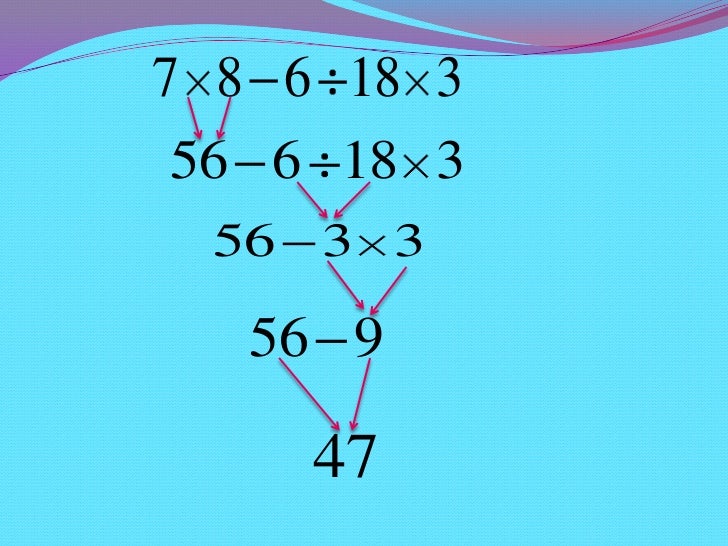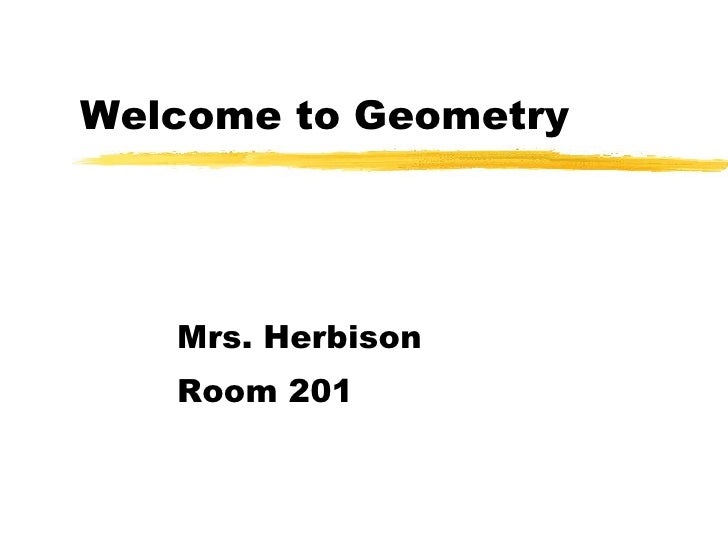

Prerequisite: Inclusive Early Childhood Education, Elementary Education, Middle Grades Education or Special Education majors only. Sequence is restricted to those seeking teaching licensure in the PreK-8 range.

Problem solving, reasoning, representations, connections and communication form the foundation through which learning will take place. MATH 110 and MATH 210 form a sequence that is designed for future elementary and middle school teachers to develop mathematical knowledge for teaching by deeply examining concepts in mathematics that include: number sense, number systems (whole numbers, integers, rational numbers and real numbers), meanings and properties of operations, ratio and proportion, functions and algebra, number theory, geometry, measurement, probability, and statistics. Mathematics for Elementary and Middle School Teachers I 4 credits. Prerequisite: MATH 107 with a grade of “C-” or better and a passing score on Basic Skills Test. Sequence is required for early childhood, elementary, or middle school teacher licensure. MATH 107 and MATH 108, along with MATH 207, form a sequence that covers the topics of sets, logic, numeration systems, development of real numbers, number operations, number theory, geometry, measurement, algebra, functions, probability and data analysis. Fundamentals of Mathematics II 3 credits. May be used for general education credit. Not open to students who have previously earned credit in courses requiring MATH 105 competency except with consent of the Mathematics and Statistics department head. Not open to majors in mathematics or statistics. Identifying limitations of information sources, assessing reasonableness of results, and basic concepts of confidence amid uncertainty. Making informed decisions and effectively communicating them. Selection and use of appropriate tools: scientific notation, percentages, descriptive summaries, absolute and relative changes, graphs, normal and exponential population models, and interpretations of bivariate models.

Applications and interpretation of numerical information in context.

Quantitative Literacy and Reasoning 3 credits. Topics such as geometry, computing, algebra, number theory, history of mathematics, logic, probability, statistics, modeling and problem solving intended to give students insight into what mathematics is, what it attempts to accomplish and how mathematicians think. The course descriptions below are from the official catalog for our department, but also include when each class is typically offered (for example, only in spring semesters, or every three semesters, in summer, etc).


 0 kommentar(er)
0 kommentar(er)
